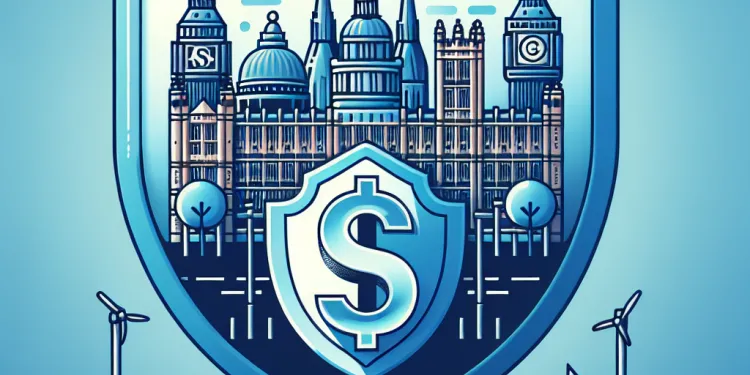
Find Help
More Items From Ergsy search
-

How can consumers protect themselves from hidden banking fees?
Relevance: 100%
-
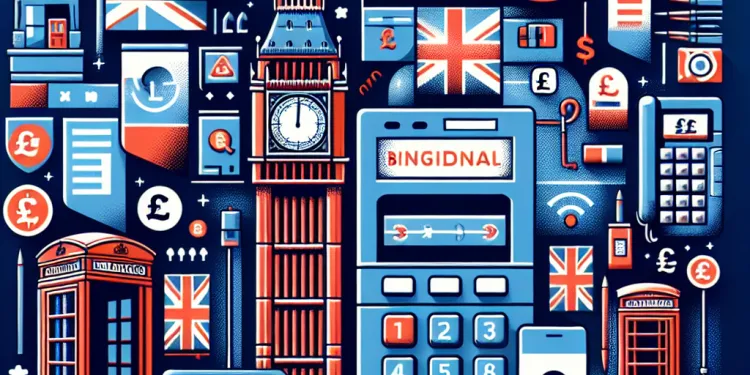
What actions are consumer rights groups taking regarding banking fee transparency?
Relevance: 73%
-

What are some examples of hidden fees in banking?
Relevance: 72%
-
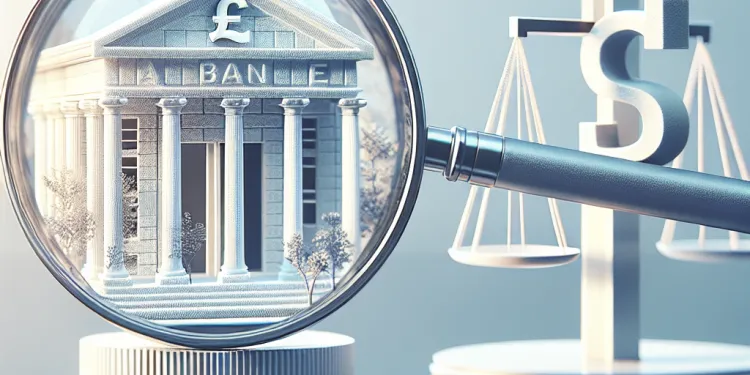
Why is there a call for greater transparency in banking fees?
Relevance: 71%
-

Are there any hidden fees I should be aware of?
Relevance: 71%
-

Are there any hidden fees with Monzo or Revolut?
Relevance: 65%
-

Are there specific banking services more prone to opaque fee structures?
Relevance: 64%
-
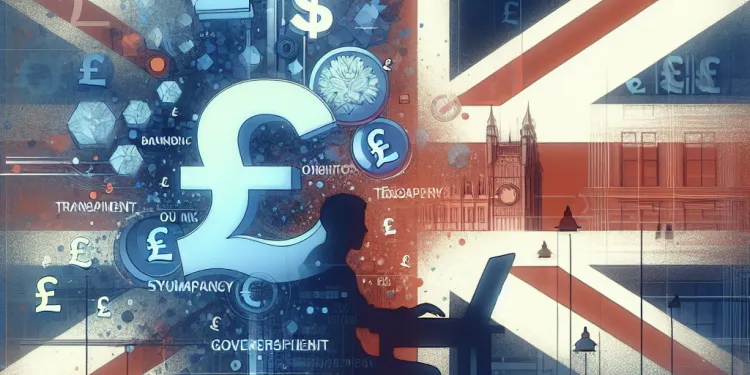
How can government policies influence transparency in banking fees?
Relevance: 62%
-

Calls for Greater Transparency in Banking Fees as Complaints Rise
Relevance: 61%
-

How do banking fees impact financial inclusion?
Relevance: 60%
-

What initiatives are in place to address banking fee transparency?
Relevance: 59%
-

How does technology help in enhancing transparency in banking fees?
Relevance: 56%
-
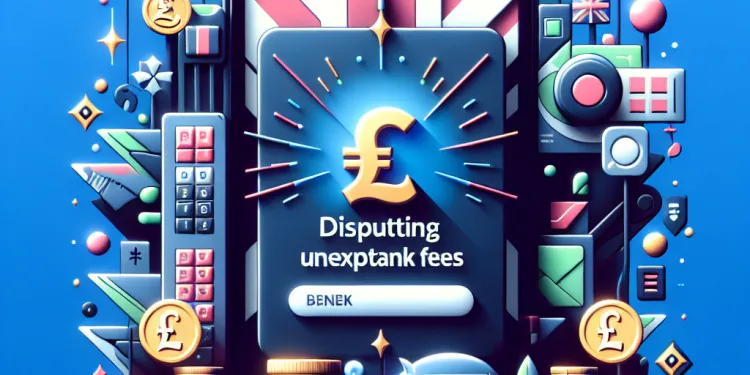
Can customers dispute unexpected banking fees?
Relevance: 52%
-

How can disputes over banking fees be resolved effectively?
Relevance: 52%
-

Do all banks have the same fee structures?
Relevance: 52%
-

What fees should I avoid when choosing a new bank?
Relevance: 51%
-
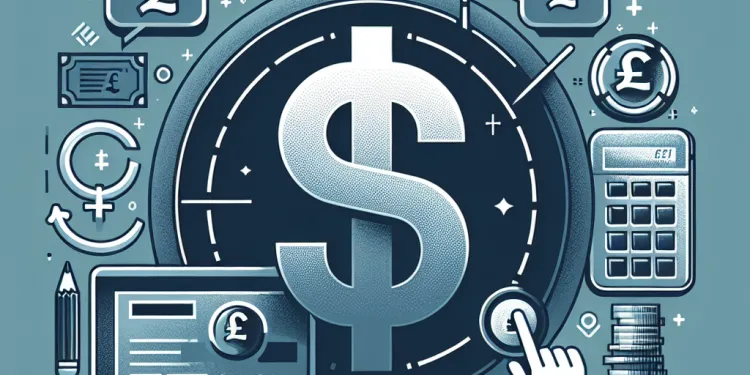
How can banks improve transparency regarding their fees?
Relevance: 51%
-

Do online banks have lower fees than traditional banks?
Relevance: 51%
-

Why are some banking fees unexpectedly high?
Relevance: 51%
-
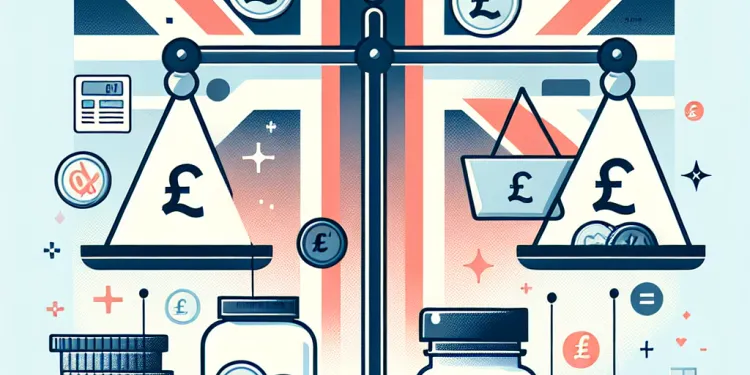
What role do regulatory bodies play in fee transparency?
Relevance: 49%
-

What feedback do customers give regarding banking fees?
Relevance: 48%
-
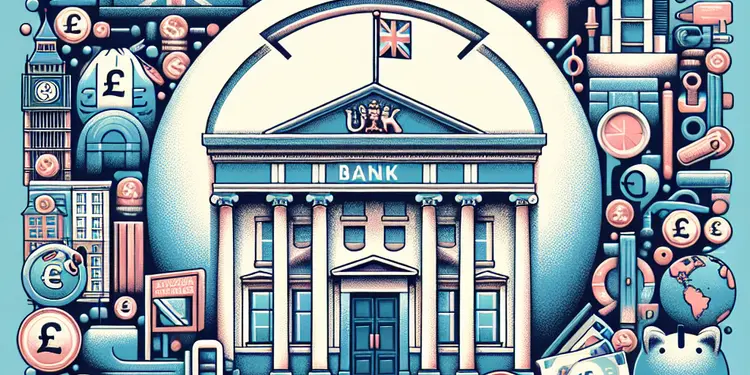
What fees should I avoid when choosing a new bank?
Relevance: 47%
-

Are there any fees to claim money back?
Relevance: 42%
-

What should I consider when switching banks to save money?
Relevance: 42%
-
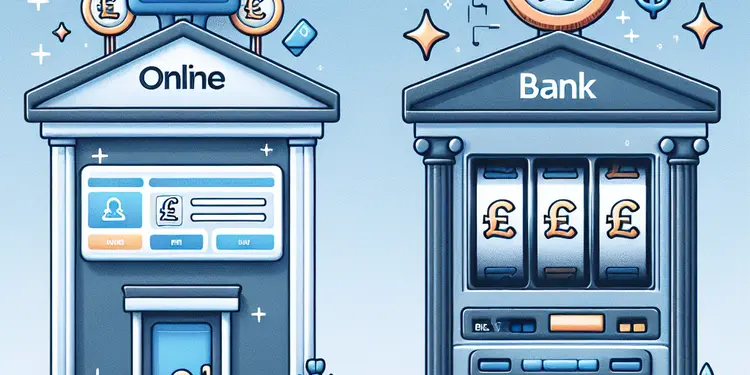
Are online banks cheaper than traditional banks?
Relevance: 41%
-

Are online banks cheaper than traditional banks?
Relevance: 38%
-
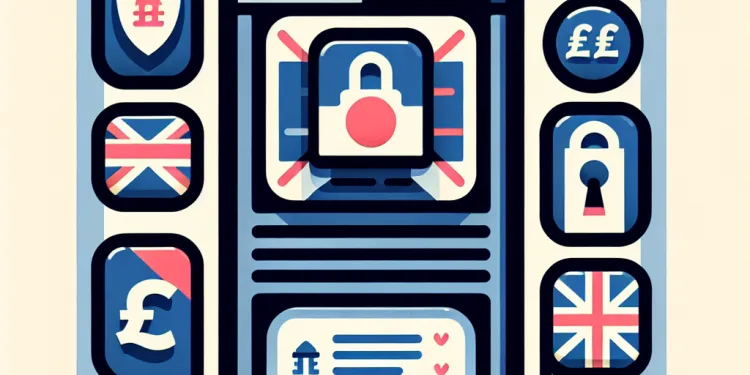
Are online banks like Monzo and Revolut safe?
Relevance: 38%
-
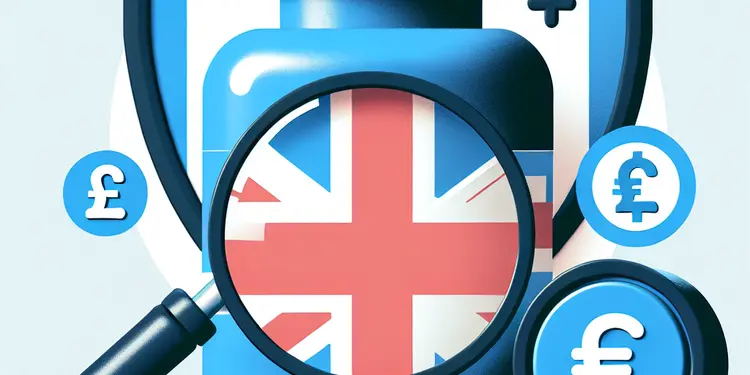
How is consumer protection reinforced against misleading prostate supplement ads?
Relevance: 38%
-

What are hidden sources of salt in my diet?
Relevance: 37%
-

Are there benefits to having multiple bank accounts at different banks?
Relevance: 36%
-

Are there any fees associated with balance transfers?
Relevance: 36%
-
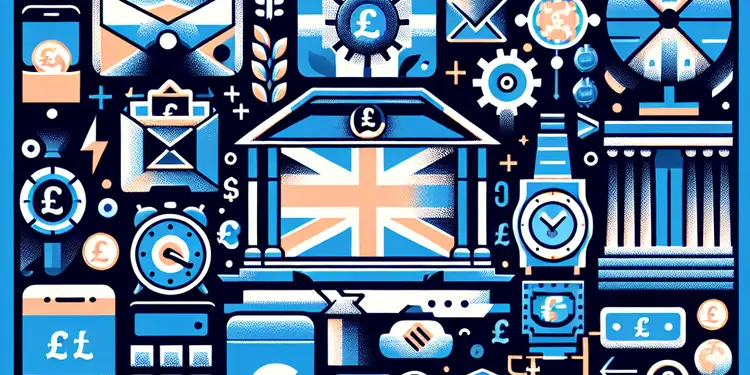
What are some common mistakes to avoid when switching banks?
Relevance: 36%
-

Can I save money by switching my bank?
Relevance: 35%
-
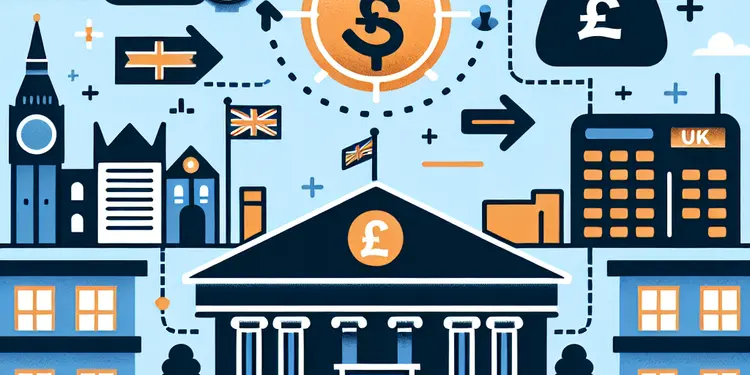
Can switching banks offer better loan options?
Relevance: 35%
-

What should I consider when switching banks to save money?
Relevance: 35%
-

What are some common mistakes to avoid when switching banks?
Relevance: 35%
-

The Devious Car Insurance Scam Hidden In Your Policy! And How to Deal With it
Relevance: 35%
-
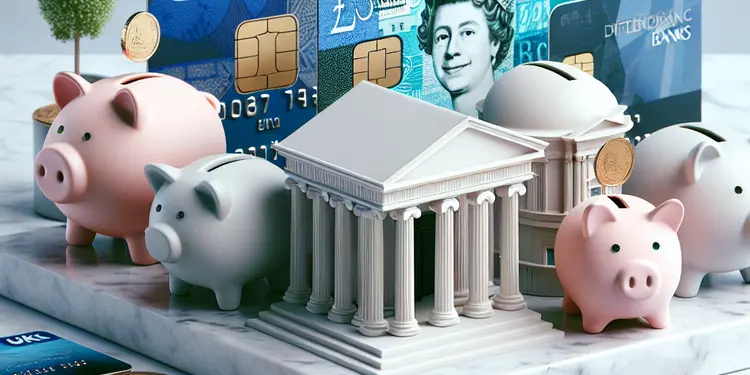
Are there benefits to having multiple bank accounts at different banks?
Relevance: 35%
-

Are there any additional fees for obtaining a digital license?
Relevance: 34%
-

How can I compare banks to find the best deal?
Relevance: 34%
Understanding Hidden Banking Fees
In the UK, banking fees can often seem invisible until they start affecting your balance. Hidden fees are charges that are not immediately obvious to consumers and can eat into your financial resources. These may include charges for overdrafts, foreign transactions, or account maintenance. It is crucial for UK consumers to be aware of these potential fee areas and take steps to protect themselves.
Read the Terms and Conditions
One of the most effective ways to safeguard against hidden banking fees is thorough reading of the terms and conditions associated with your bank account. Although this document may appear lengthy and complex, it often outlines all fees associated with the account. Look for any mention of potential extra charges and make a note of circumstances that could lead to fees being applied.
Monitor Your Account Regularly
Regular monitoring of your banking account is a proactive step to identify and avoid hidden fees. By reviewing statements and transactions, you can catch any unexpected charges early. Many banks in the UK offer mobile apps that allow you to receive alerts for any fees or unusual activity, which can help you address issues promptly.
Choose the Right Bank Account
Selecting the right type of account is key to minimising hidden fees. Some UK banks offer accounts specifically designed to avoid common fees, such as those for maintaining a minimum balance or charging for certain transactions. Evaluate different account types and select one that aligns best with your banking habits.
Understand Overdraft Charges
Overdrafts can be a significant source of hidden fees. Familiarise yourself with your bank's overdraft policy, including charges applied when you exceed your limit. Some banks provide a buffer zone which allows for occasional small overdrafts without incurring a fee. Consider setting up alerts to notify you when your balance is low, thereby helping you avoid going into your overdraft unintentionally.
Avoid Foreign Transaction Fees
If you travel frequently or make purchases from foreign vendors, be aware of fees associated with foreign transactions. Many UK banks charge additional percentages on transactions made in foreign currencies. To minimise these fees, you could consider a travel-friendly bank account or credit card that offers low or no foreign transaction fees.
Negotiate with Your Bank
If you find yourself faced with unexpected fees, don't hesitate to contact your bank. UK banks often have flexibility in waiving certain charges, especially if you have been a longstanding customer or if it is the first time you have incurred a particular fee. It costs nothing to ask, and you may find your bank willing to accommodate your request.
Conclusion
Being diligent and informed is your best defense against hidden banking fees. By understanding your bank's fee structure, monitoring your account, and selecting appropriate products, you can minimise the impact of these charges on your finances. Staying proactive not only protects your money but also improves your overall banking experience.
Frequently Asked Questions
What are hidden banking fees?
Hidden banking fees are charges that banks impose on certain transactions or services that may not be immediately obvious to consumers. These can include maintenance fees, ATM fees, overdraft fees, and others.
How can I identify hidden banking fees?
Carefully review your bank account statements, fee schedules, and terms and conditions documents from your bank. Look for any fees that are applied regularly or in specific situations.
Can I negotiate fees with my bank?
Yes, in some cases you can negotiate fees with your bank. It's worth contacting your bank's customer service to discuss your account and ask if they can waive or reduce certain fees.
Are there fee-free banking options?
Yes, some banks and credit unions offer fee-free checking and savings accounts, though they may have specific requirements like maintaining a minimum balance or setting up direct deposit.
How can I avoid ATM fees?
Use ATMs that are within your bank's network or opt for cash-back options at grocery stores when available, as these methods can help you avoid out-of-network ATM fees.
What is an overdraft fee?
An overdraft fee is charged when you spend more than you have in your account and the bank covers the difference temporarily. Signing up for overdraft protection or linking your checking to a savings account can help avoid these fees.
Should I switch banks to avoid fees?
If your current bank’s fees are too high and negotiation is unsuccessful, researching and switching to a bank with lower fees or fee-free accounts could be beneficial.
What should I do if I find a fee I don't understand?
Contact your bank immediately for clarification. They can explain the fee and possibly offer solutions or refunds if applicable.
How often should I review my bank statements?
Review your bank statements monthly to spot any unfamiliar charges and address them promptly.
Are online banks more cost-effective?
Online banks often have lower overhead costs and may offer lower fees or fee-free accounts compared to traditional banks.
What are maintenance fees and how can I avoid them?
Maintenance fees are monthly charges for account upkeep. To avoid them, maintain a minimum balance, sign up for direct deposits, or select a fee-free account.
How can mobile banking apps help avoid fees?
Mobile banking apps offer alerts and notifications that can help you monitor your account balance and avoid overdrafts or unnecessary fees.
What is a paper statement fee?
Some banks charge for sending paper statements. Switching to electronic statements can help you avoid this fee.
Do banks charge fees for closing accounts?
Some banks may charge a fee for closing an account within a certain period after opening. Check your bank’s policy before closing your account.
What is a foreign transaction fee?
A foreign transaction fee is charged for a purchase made in foreign currency or through a foreign bank. Using a credit card without foreign transaction fees can help you save money.
How do account minimums impact fees?
Failing to maintain a specified minimum balance can result in fees. Ensure your account’s balance always meets these requirements to avoid charges.
What is a check imaging fee?
Some banks charge for providing images of checks with your statement. Opting for only electronic access to check images can sometimes eliminate these fees.
Can I be charged for using mobile check deposit?
While most banks offer this service for free, some may impose limits or fees for excessive use. Check your bank’s policy regarding mobile check deposits.
Are balance inquiry fees common?
Some banks charge for balance inquiries made at out-of-network ATMs. To avoid these fees, use your bank’s app or ATMs within its network for balance checks.
What steps can I take to manage and avoid hidden banking fees?
Stay informed by reading all communications from your bank, regularly monitor your accounts, use bank features like alerts and mobile apps, and choose banking products that align with your financial habits to minimize fees.
Useful Links
This website offers general information and is not a substitute for professional advice.
Always seek guidance from qualified professionals.
If you have any medical concerns or need urgent help, contact a healthcare professional or emergency services immediately.
Some of this content was generated with AI assistance. We’ve done our best to keep it accurate, helpful, and human-friendly.
- Ergsy carfully checks the information in the videos we provide here.
- Videos shown by Youtube after a video has completed, have NOT been reviewed by ERGSY.
- To view, click the arrow in centre of video.
- Most of the videos you find here will have subtitles and/or closed captions available.
- You may need to turn these on, and choose your preferred language.
- Go to the video you'd like to watch.
- If closed captions (CC) are available, settings will be visible on the bottom right of the video player.
- To turn on Captions, click settings .
- To turn off Captions, click settings again.
More Items From Ergsy search
-

How can consumers protect themselves from hidden banking fees?
Relevance: 100%
-

What actions are consumer rights groups taking regarding banking fee transparency?
Relevance: 73%
-

What are some examples of hidden fees in banking?
Relevance: 72%
-

Why is there a call for greater transparency in banking fees?
Relevance: 71%
-

Are there any hidden fees I should be aware of?
Relevance: 71%
-

Are there any hidden fees with Monzo or Revolut?
Relevance: 65%
-

Are there specific banking services more prone to opaque fee structures?
Relevance: 64%
-

How can government policies influence transparency in banking fees?
Relevance: 62%
-

Calls for Greater Transparency in Banking Fees as Complaints Rise
Relevance: 61%
-

How do banking fees impact financial inclusion?
Relevance: 60%
-

What initiatives are in place to address banking fee transparency?
Relevance: 59%
-

How does technology help in enhancing transparency in banking fees?
Relevance: 56%
-

Can customers dispute unexpected banking fees?
Relevance: 52%
-

How can disputes over banking fees be resolved effectively?
Relevance: 52%
-

Do all banks have the same fee structures?
Relevance: 52%
-

What fees should I avoid when choosing a new bank?
Relevance: 51%
-

How can banks improve transparency regarding their fees?
Relevance: 51%
-

Do online banks have lower fees than traditional banks?
Relevance: 51%
-

Why are some banking fees unexpectedly high?
Relevance: 51%
-

What role do regulatory bodies play in fee transparency?
Relevance: 49%
-

What feedback do customers give regarding banking fees?
Relevance: 48%
-

What fees should I avoid when choosing a new bank?
Relevance: 47%
-

Are there any fees to claim money back?
Relevance: 42%
-

What should I consider when switching banks to save money?
Relevance: 42%
-

Are online banks cheaper than traditional banks?
Relevance: 41%
-

Are online banks cheaper than traditional banks?
Relevance: 38%
-

Are online banks like Monzo and Revolut safe?
Relevance: 38%
-

How is consumer protection reinforced against misleading prostate supplement ads?
Relevance: 38%
-

What are hidden sources of salt in my diet?
Relevance: 37%
-

Are there benefits to having multiple bank accounts at different banks?
Relevance: 36%
-

Are there any fees associated with balance transfers?
Relevance: 36%
-

What are some common mistakes to avoid when switching banks?
Relevance: 36%
-

Can I save money by switching my bank?
Relevance: 35%
-

Can switching banks offer better loan options?
Relevance: 35%
-

What should I consider when switching banks to save money?
Relevance: 35%
-

What are some common mistakes to avoid when switching banks?
Relevance: 35%
-

The Devious Car Insurance Scam Hidden In Your Policy! And How to Deal With it
Relevance: 35%
-

Are there benefits to having multiple bank accounts at different banks?
Relevance: 35%
-

Are there any additional fees for obtaining a digital license?
Relevance: 34%
-

How can I compare banks to find the best deal?
Relevance: 34%


